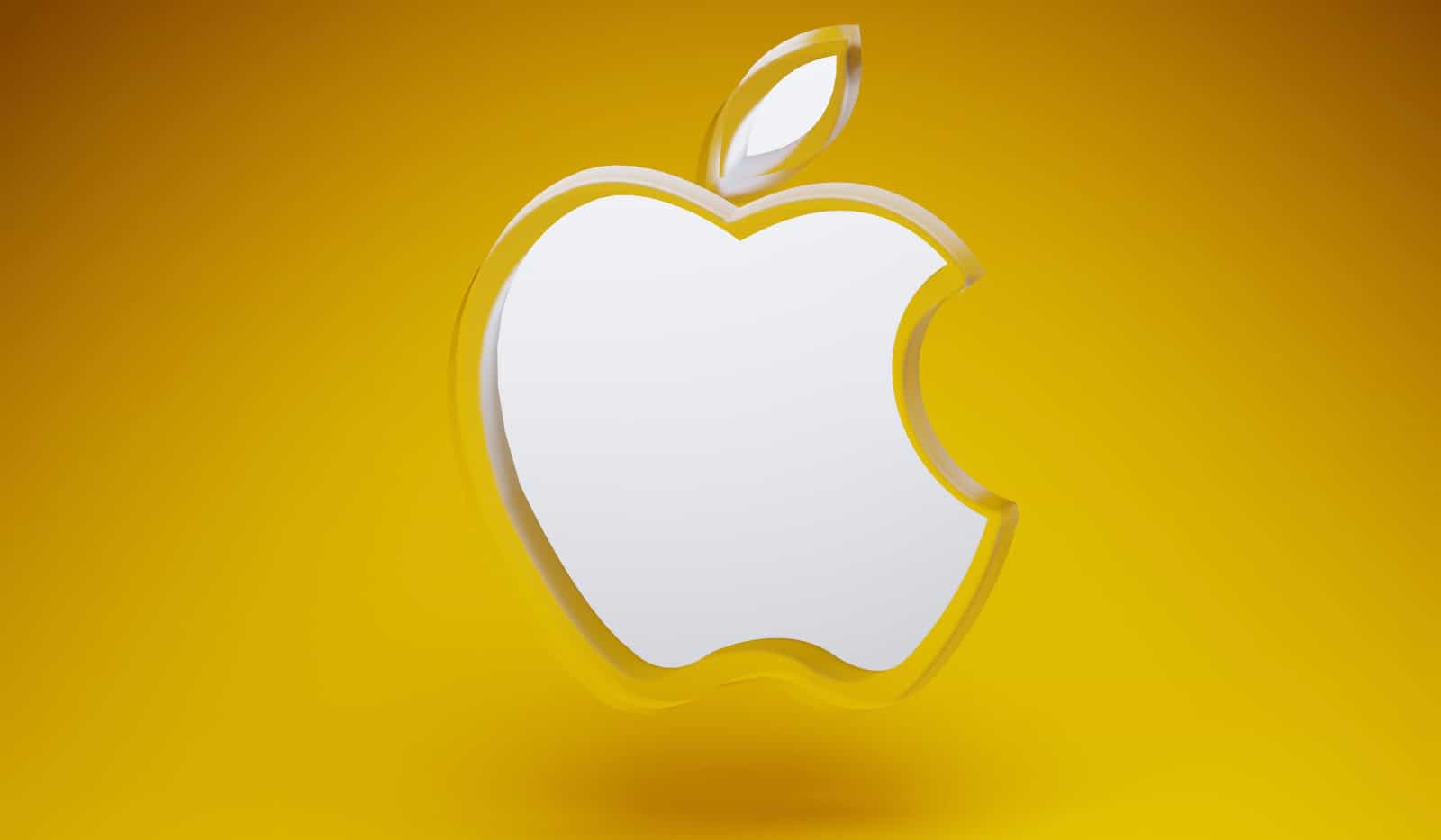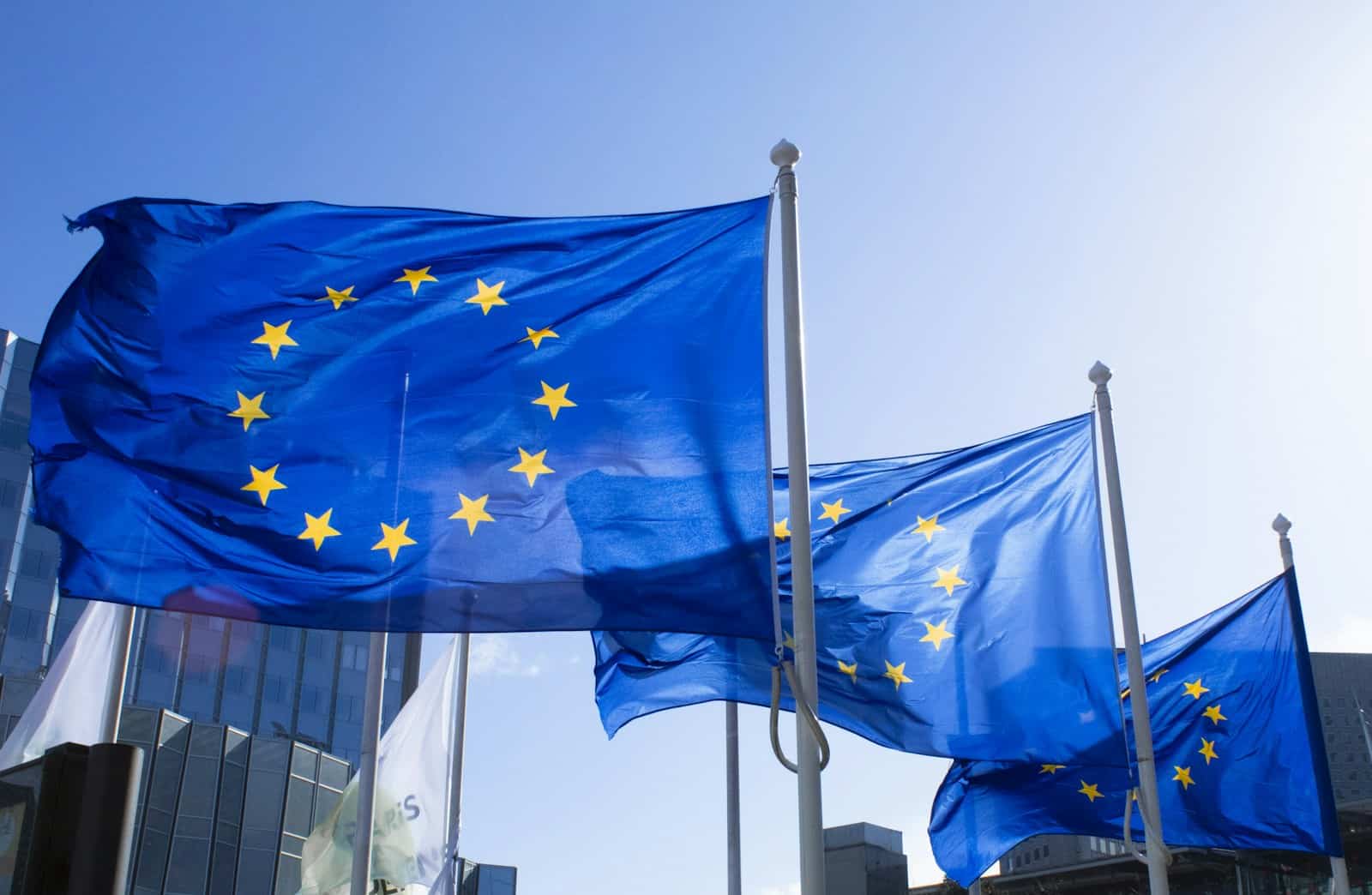In a major escalation of its efforts to rein in Big Tech, the European Union has fined Apple and Meta a combined €700 million (approximately $750 million) under its new Digital Markets Act (DMA). These are the first enforcement actions taken under the sweeping legislation, which aims to create fairer and more open digital markets across the continent. While the penalties are significant, the implications of this crackdown extend far beyond the fines themselves.
What Triggered the Fines?
Apple: €500 Million for Anti-Steering Practices

Apple was fined €500 million ($567 Million USD) for violating the DMA’s provisions on developer fairness. Specifically, the EU determined that Apple restricted app developers from informing users about alternative payment options outside of its App Store — a practice referred to as “anti-steering.” In effect, Apple forced developers to keep users within its ecosystem, taking a 15-30% cut of all digital transactions made through its in-app purchase system.
While Apple has made changes in response to regulatory pressure elsewhere — including allowing external payment links in South Korea and the Netherlands — the EU found that these changes fell short of full compliance with the DMA’s expectations for transparency and user choice.
Meta: €200 Million for “Pay or Consent” Model

Meta’s fine of €200 million ($226 Million USD) targets the company’s recent “pay or consent” policy for Facebook and Instagram. European users were presented with two options: agree to data tracking in exchange for free use of the platform, or pay a monthly subscription to access it ad-free. The EU’s regulators argued this setup puts undue pressure on users, effectively forcing them to accept invasive data practices unless they’re willing to pay.
Privacy advocates have been critical of Meta’s approach, warning that it creates a two-tiered system that punishes users who can’t afford to protect their data. The European Commission’s position was clear: meaningful consent requires a real choice, not a coercive ultimatum.
What Happens Next?
Both Apple and Meta have 60 days to bring their practices into compliance or risk additional daily fines of up to 5% of their average daily turnover. The companies have announced plans to appeal the decisions, but unless courts issue a stay, they must begin the process of compliance immediately.
These moves set a precedent for how aggressively the EU is willing to enforce the DMA — and serve as a warning shot for other gatekeeper platforms like Google, Amazon, and Microsoft.
Are the Fines Big Enough?
Under the DMA, the EU can fine companies up to 10% of their annual global turnover, or 20% for repeat offenders. In this context, the €700 million in fines might seem relatively small. Apple alone made over $380 billion in revenue last year, making its €500 million penalty less than a slap on the wrist by financial standards.
So why didn’t the EU go bigger? Diplomacy may be part of the answer. With ongoing trade tensions between the U.S. and EU — including disputes over tariffs and digital services taxes — regulators may have chosen to send a strong signal without sparking a full-scale transatlantic conflict.
A Growing Transatlantic Rift
The U.S. government has pushed back hard against the fines. Officials have described the EU’s actions as a “novel form of economic extortion” and accused Brussels of targeting American companies unfairly. The Biden administration has previously voiced concerns that the DMA is designed to hobble U.S. tech giants while giving European firms a competitive advantage.
The EU counters that its laws apply equally to any company doing business in Europe — and that tech platforms have operated for too long with unchecked power over developers, users, and markets.
Why This Matters
This isn’t just about two companies paying a fine — it’s about how digital power is governed. The DMA represents the most aggressive legislation yet aimed at curbing monopolistic behavior in the tech sector, and these fines are its first teeth.
Whether Apple and Meta comply, appeal, or restructure their services entirely, the outcome of these enforcement actions will shape how Big Tech operates in Europe — and possibly set the tone for regulation elsewhere. With similar laws gaining traction in countries like Japan, India, and the U.S., this could be the beginning of a new global framework for digital accountability.
In the meantime, users and developers in Europe might soon see tangible changes — like more transparent app stores, greater control over personal data, and potentially even lower costs due to reduced platform fees.
One thing’s clear: the honeymoon period between regulators and Silicon Valley is over.
Key Takeaways
- EU fined Apple $570 million and Meta $228 million.
- Both companies have to change up their practices to fit the new rules.
- The penalties really highlight how regulators are turning up the heat on tech giants.
EU Fines for Apple and Meta: Key Details
Apple and Meta are facing some of the biggest fines ever handed out by the European Commission for violating the Digital Markets Act. The whole investigation zeroed in on how these companies run their platforms and get user consent in the EU.
Summary of EC Penalties
The European Commission (EC) hit Apple with a $570 million (€500 million) fine, and Meta with $228 million (€200 million). Both were found to be breaking new digital competition laws.
This marks some of the first big moves under the Digital Markets Act (DMA). The EC spent months digging into the practices of so-called “gatekeeper” tech companies. These fines aren’t just big—they’re among the largest ever thrown at U.S. tech firms in recent EU antitrust history.
Apple’s penalty is all about its App Store rules, while Meta got dinged for the way it runs Facebook, Instagram, and WhatsApp. The message here? Apple and Meta need to clean up their act, and other big tech companies should probably take note.
Table: EC Fines Issued
| Company | Fine Amount | Main Business Affected |
|---|---|---|
| Apple | $570 million | App Store |
| Meta | $228 million | Facebook, Instagram, WhatsApp |
Violations of the Digital Markets Act
Both Apple and Meta got hit for breaking the DMA. That law’s supposed to keep the playing field fair and stop big tech from flexing their market muscle too much.
Apple’s fine comes from blocking app developers from guiding users to other payment options outside the App Store. That move limited both user choice and competition among developers—never a good look.
Meta, on the other hand, landed in hot water for its “pay-or-consent” model. Basically, users had to either accept tracking for targeted ads or cough up a fee. The EC said that’s not a real choice and doesn’t meet the EU’s standards for consent.
The EC’s findings just add to the ongoing debate about big tech, user consent, and competition. These penalties are a pretty loud warning that the EC plans to enforce the rules—no more free passes.
Implications for App Store and Social Platforms
The fines mean Apple and Meta will have to shake up some of their core business practices in Europe. Apple’s going to have to give developers more leeway to point users toward other payment methods, which could seriously change how app sales and subscriptions work.
Meta’s penalty might force changes in how it collects and uses personal data across Facebook, Instagram, and WhatsApp. Odds are, the company will need to redo its consent system—and maybe ditch that “pay-or-consent” thing in Europe altogether.
Both companies are now under a magnifying glass with EU antitrust regulators. These changes could cut back their control over payments and data on their platforms, and they’re likely to set an example for other “gatekeepers” under the DMA.
Privacy, Compliance, and Business Model Impact
The EU fines against Apple and Meta really show just how much strict privacy rules and consent standards can shake up the tech world. It’s a reminder that personal data, user choice, and business models are all tangled together when you’re operating at this scale.
Privacy Policies and Consent Models
Apple and Meta scoop up tons of personal data—search history, geolocation, IP addresses, you name it. Under EU rules, companies have to get clear consent before tracking users or using their data for things like personalized ads. Regulators said both companies dropped the ball on getting proper, informed consent.
Now, Apple and Meta have to rethink how they present privacy settings and consent prompts. Users should get simpler, more direct options to accept or reject cookies and tracking. If companies ignore these rules or make things confusing, the EU sees it as non-compliance—and that means big fines and forced changes.
These decisions are pushing companies to be way more transparent about what data they collect and why. Users end up with more control, but companies might lose some of their edge when it comes to targeting ads or analyzing user behavior.
Effect on Consumers and Developers
For consumers, these changes are a win for privacy. It’ll be easier to say no to tracking or turn off cookies. That means fewer targeted ads and privacy settings that are actually understandable.
Impacts on Consumers:
- More say over what data gets shared
- Less hassle avoiding targeted ads
- Better insight into how their info is used
Impacts on Developers:
- More work updating apps to meet new consent rules
- Extra time (and probably headaches) to stay compliant
- Maybe less access to user data for features and improvements
Developers might struggle a bit more to collect data for improving their services or doing audience research. Both Apple and Meta will need to double down on security to protect user info. And as data access tightens up, some free or ad-supported features could end up changing.
Future Challenges and Regulatory Trends
These fines are just the tip of the iceberg when it comes to tech regulation in Europe. The EU’s made it pretty clear: companies need to bake compliance into their business models from the start. Other countries could easily follow suit.
Tech firms are under pressure to redesign how they get consent, handle logins, and process personal data. If your business relies on collecting user info for ads or profiling, it’s time to rethink things. Expect to see more ad-free subscriptions or options to pay for privacy popping up.
Regulators aren’t likely to let up—they’ll be watching how companies collect, process, and protect data. Anyone who ignores these changes is just asking for more fines and headaches. The whole industry’s heading for a much tougher environment around privacy and data use.
Frequently Asked Questions
The EU hit Apple and Meta with fines for breaking antitrust and competition rules. This could really change how tech companies handle user data, privacy, and app store policies across Europe.
What were the reasons behind the fines imposed on Apple and Meta by the EU?
The EU fined Apple and Meta for crossing the line on competition laws. Apple got in trouble for unfairly restricting rival apps on its platforms, while Meta’s penalty was all about how it handles user data and advertising—regulators said those practices were anti-competitive.
How will the fines affect Apple’s and Meta’s financial standings and market operations?
Apple’s got to pay $570 million, and Meta owes $228 million. Sure, those are big numbers, but honestly, they’re not enough to shake either company’s day-to-day operations. Still, both will probably have to rethink some of their policies or business strategies in Europe.
Can Apple and Meta appeal the EU’s decision on the fines, and if so, on what grounds?
Yep, Apple and Meta can appeal the fines in court. They might argue that their business models actually follow European law or that the EU misunderstood what they were doing. Appeals like this can drag on for months or even years, though.
What regulations did Apple and Meta allegedly violate to incur the fines?
The fines are mostly about the Digital Markets Act (DMA) and other EU competition rules. The DMA is there to stop big tech from abusing their power—especially when it comes to data use and letting rivals access their platforms.
What impact could these fines have on consumer privacy and data protection standards in the tech industry?
In theory, these fines should push tech companies to do better with personal data. Apple and Meta might have to make their policies clearer and give users more real control over privacy settings. For people in Europe, that could mean more options and less confusion.
How might these fines influence future policies and regulations for tech companies operating in the EU?
Honestly, after these penalties, I wouldn’t be surprised if the EU decides to tighten the rules even more for digital platforms. Other tech companies are probably watching closely—and maybe even scrambling a bit—to make sure they don’t end up in the same boat. There’s likely going to be more talk (and action) around fair competition, giving users real choices, and, of course, clamping down on privacy issues. It feels like the spotlight on these areas is only going to get brighter.







